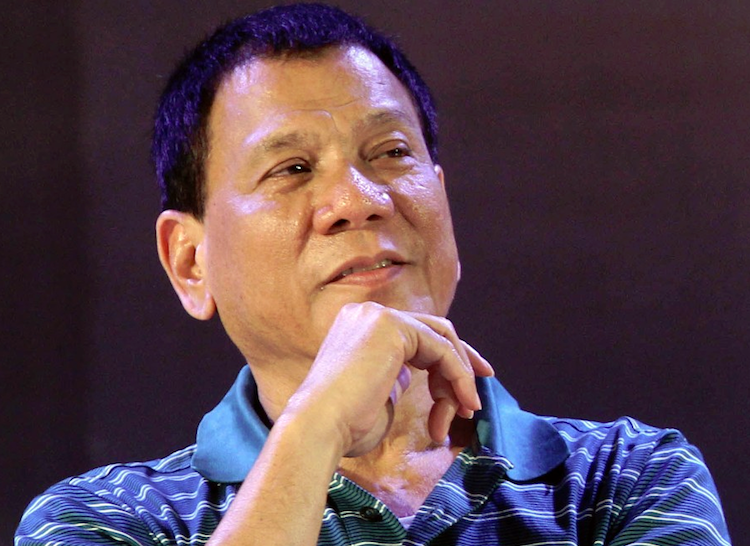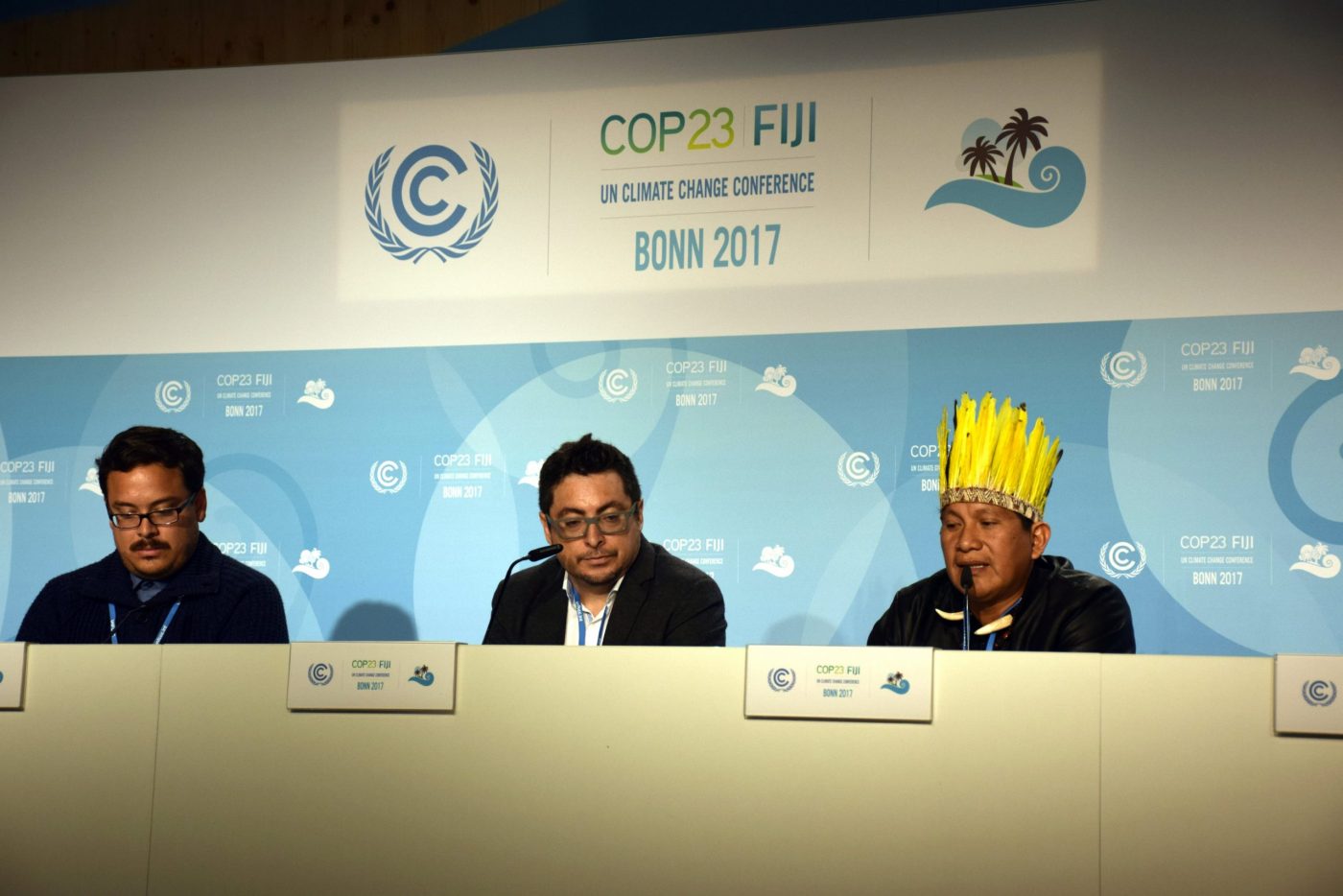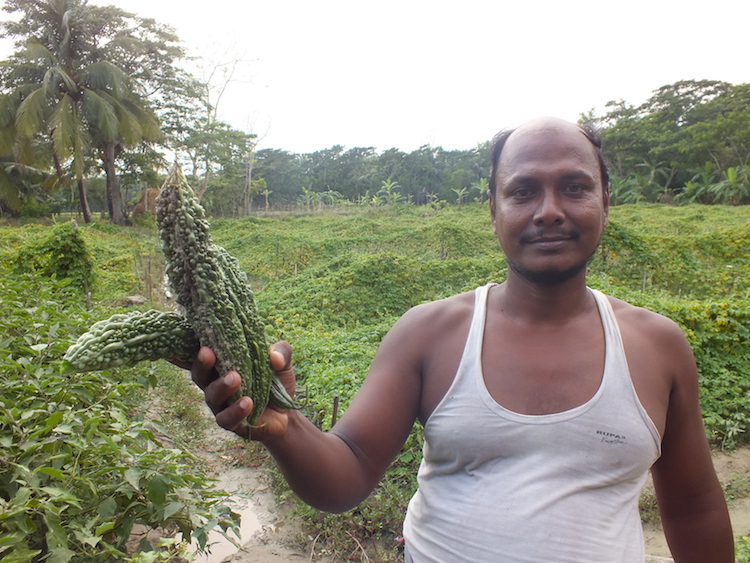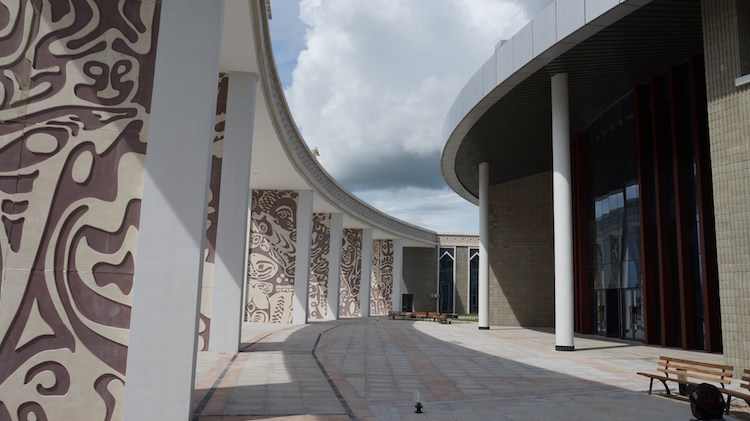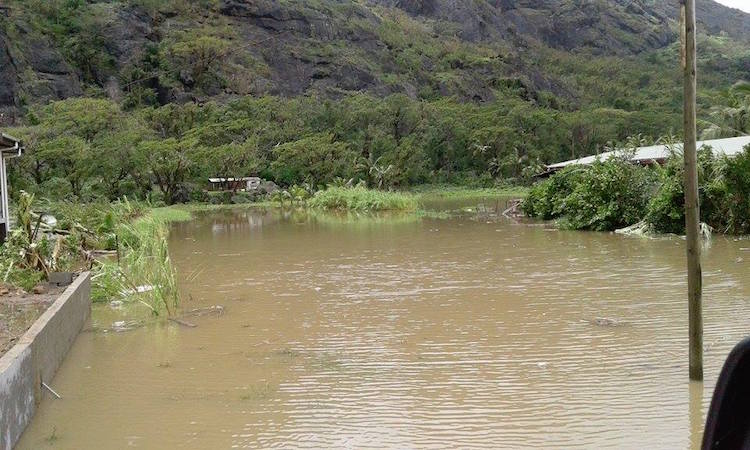Viewpoint by GRAIN
BARCELONA (IDN-INPS) – Ever since the ink dried on the Trans-Pacific Partnership (TPP), people have become aware of another mega-trade deal being negotiated behind closed doors in the Asia-Pacific region. Like the TPP, the Regional Comprehensive Economic Partnership (RCEP) threatens to increase corporate power in member countries, leaving ordinary people with little recourse to assert their rights to things like land, safe food, life-saving medicines and seeds.
RCEP is being negotiated between the ten countries that form the Association of Southeast Asian Nations (ASEAN) and their six biggest trading partners in the region: Australia, China, India, Japan, New Zealand and South Korea.
According to the latest leaked draft of the RCEP agreement, dated October 15, 2015 and published by Knowledge Ecology International, the negotiating countries fall into two camps when it comes to legal rights over biodiversity and traditional knowledge useful for food production and medicine.



